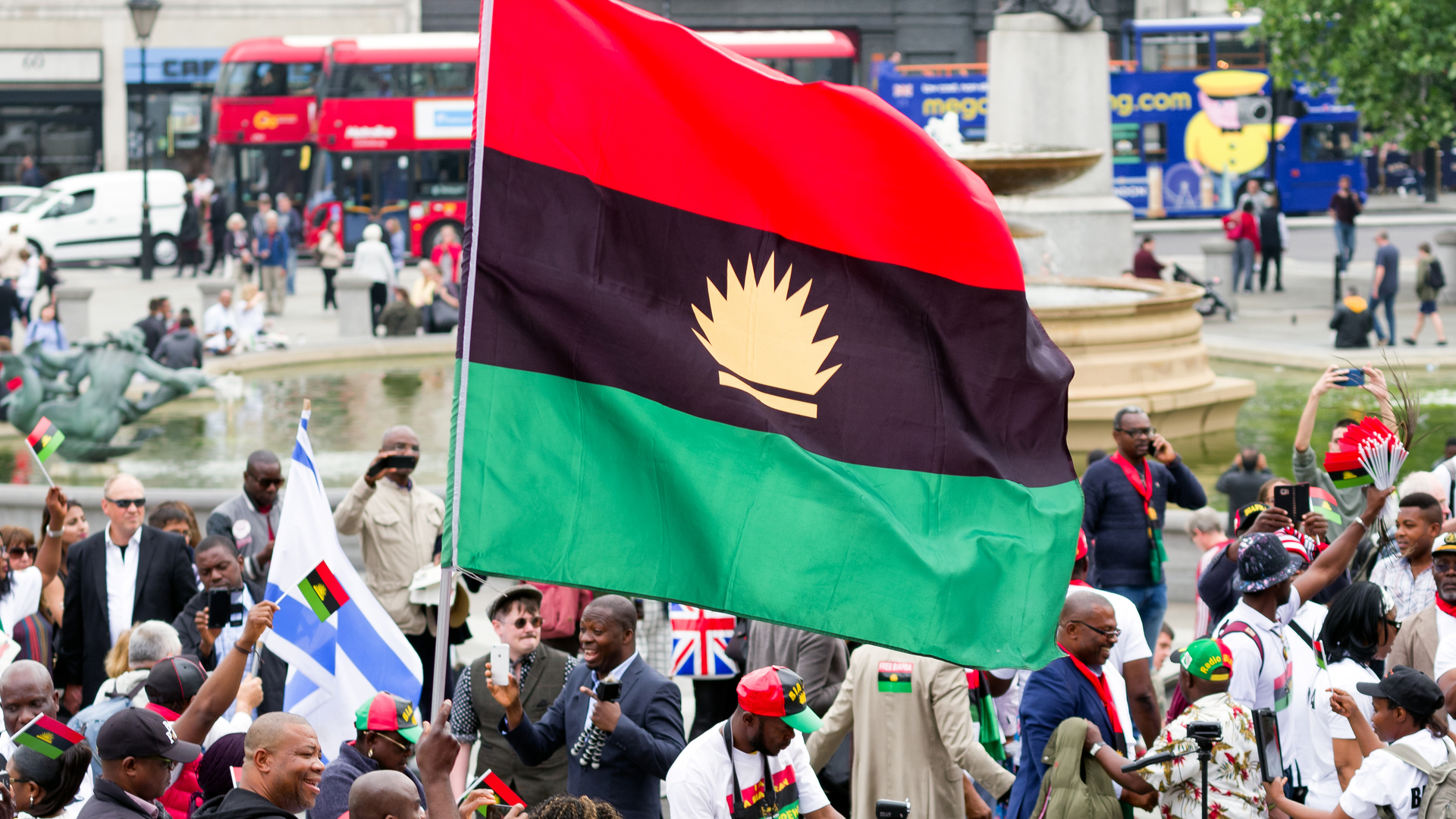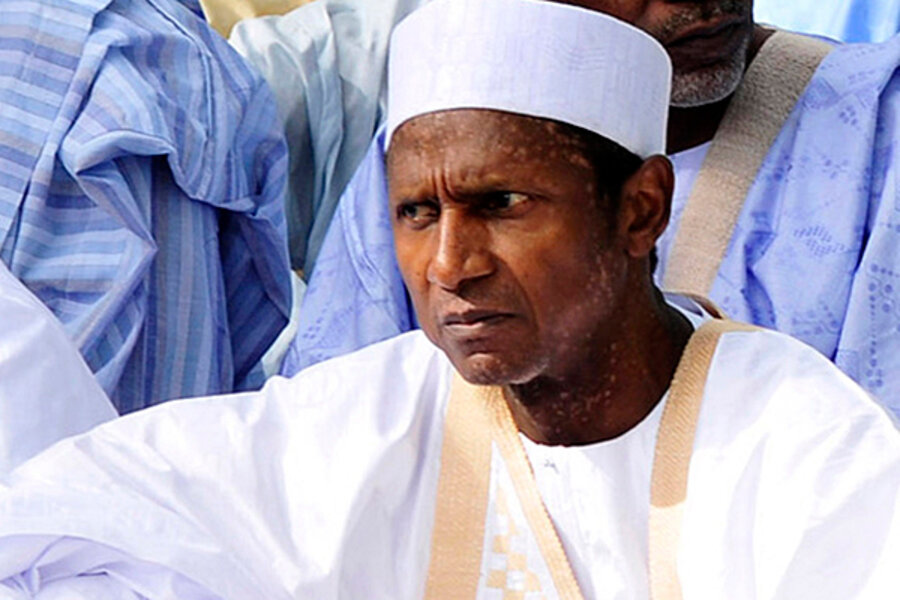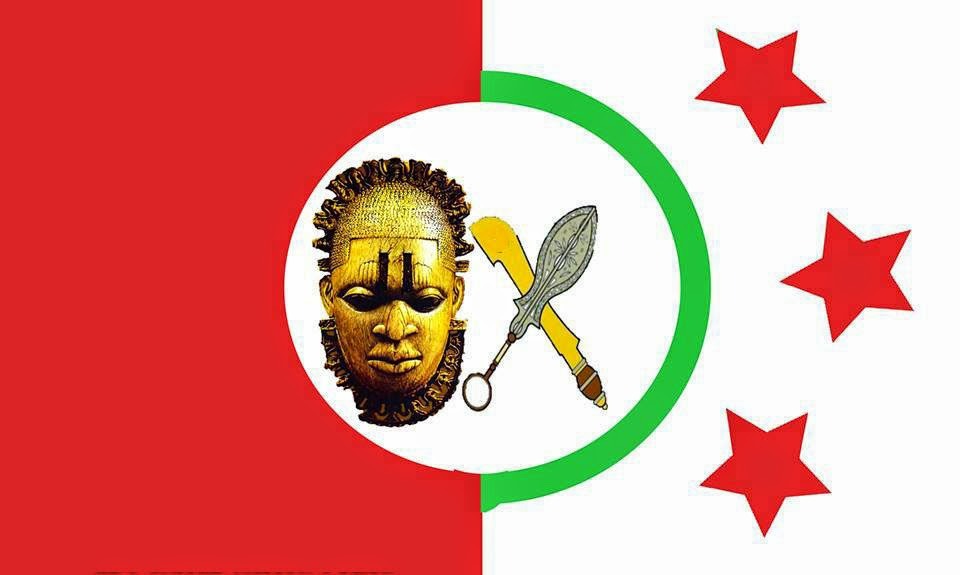I won’t name names, but ever so often, one prominent member of our Nigerian society or the other, often a former head of state, former state governor or minister/commissioner/head of a state agency, even a family member of a person in high place, is accused of being corrupt, of living beyond his or her means – or some other charge. The current government is then asked to “go after them” or else is accused of being chicken, of double-standards and of protecting rogues.
In these days of strident anti-corruption stance of the Obasanjo government, these accusations and counter-accusations go on and on, without resolution but with increasing vigor.
There is no doubt that there are MANY people in Nigeria society, particularly former or present military and civil servants, with computable total incomes and other benefits, who seem to be living well beyond their means, and who draw suspicious looks thereby. Nevertheless, under the well-tested maxim that you are innocent until pronounced guilty, it is odious and quite slanderous – and libelous when written down – to accuse people blatantly without proof.
And suspicion has never been proof.
However, in the interest of transparency and accountability in the country, an ever-continuing suspicion undermines trust of persons and confidence in government, and it cannot simply be swept under carpet. Hence I believe that government should take certain PROACTIVE measures to restore trust and confidence between government and its citizens.
I am therefore proposing four measures to begin to put our hands around this suspicion/trust/confidence triangular miasma in a systematic and non-witch-hunting manner.
Publish Their Properties
As one goes around the country, one is sometimes impressed at the gargantuan private living structures put up amidst other squalid buildings, even in the remotest of villages. The latest Ikoyi scandal shows that there are many Nigerians willing to buy houses cash-down at stupendous amounts.. Decked with satellite dishes and the latest information technology accoutrements, their floors are finished with marbles, their doors are oak-heavy, and their china are from China.
One is impressed.
I have often wondered: how much are these properties valued at ? Can we not institute property taxes on these houses, and STRICTLY make those tax incomes to be used for providing roads, water, schools, and other essential services for those living in the vicinities of these houses, just like it is done in other developed parts of the world ?
All we need to do is walk around the country, town by town, local government by local government, state by state, jotting down the addresses of these well-developed real estate properties, publish them and ask those who own them – individuals and companies – to step up and admit ownership, else they will be declared as “abandoned properties” to be turned over to the state.
By the way, all the present National Assembly members and other public officials were expected to declare their assets – which include real estate – before they assumed their current positions, so we can start by taxing their known properties.
Publish their Taxes
In every town, local government and state, there will be found at least 10, 100 or 1000 people respectively who can be considered PROMINENT, either because they have privileged present positions or have had those in the past.
I really do not think it cruel and unusual intrusion of privacy to ask that the taxes – over the past five years - of 50,000 of Nigeria’s most prominent persons be published, is it ?
After all, many of these persons are politicians who are REQUIRED by electoral law to show their tax clearances: so we could actually start by PUBLISHING the taxes of ALL of the present National Assembly members: that is a penalty for “winning” - or winning - the elections !
Record Their Financial Movements
Despite the prevalence of “Ghana-Must-Go” bags in Nigeria, much of the kinds of money that we talk about are not movable in such bags without them causing hernia: bank transfers are involved. As a matter of urgency, movement of money in banks for:
(i) Private individual accounts, beyond N5 million;
(ii) Government accounts, beyond N10 million;
(iii) Corporate Accounts, beyond N15 million
Should be reported to the Central Bank within two working days of the transaction, including the OPENING of such accounts.
Furthermore, I believe that INACTIVE money sitting in accounts say beyond six months in a year should also be taxed at some agreed rates – say 10%.
If we are to get a handle against financial crimes in Nigeria, the thorough cleansing of banking operations is a BIG step in that direction.
Enact/Strengthen Our Laws to Punish Indiscretions
I have exactly five of these in mind:
(i) Section 308 which grants immunity to the President, Vice-President, all the Governors and their Deputies: it should be ended or amended significantly without further delay;
(ii) Our Code of Conduct Bureau requirement of declaring assets should be strengthened to make it have integrity such that such declarations can be independently verified and made public to those who have a right-to-know and are vowed to use them responsibly;
(iii) The Whistleblower Law, which will protect those who know of nefarious activities and step forward to report them, should be enacted;
(iv) The Freedom of Information Bill, which enables citizens to demand and be informed about government transactions and activities as a matter of right; should be ratified
(v) The EFCC and ICPC laws – coupled with more regular financial crime laws – which enable the investigation, prosecution and jailing of corrupt criminals, should be strengthened.
In the best of liberal democracies in the world, virtually all of the above steps are found, and Nigeria should be no different if we wish to get out from the current stink which envelopes us.
I believe that we Nigerian citizens should be STRONGLY pushing for a selection – or all - of these measures rather than pointing at one or two people who should be picked up under the cloud of our deepest suspicions. If certain steps are applied across the board, then no one person can cry “Foul!” for them being applied to him or her.
Finally, it is most unlikely that if you have no sizable property to tax, no taxes to pay, and no sizable bank transactions to show, a financial indiscretion can be charged against you – or else you are a perfect invisible magician.
I rest my case for now.
BIBLIOGRAPHY
http://nigerianmuse.com/essays/?u=summary_ways_stopping_corruption.htm
SUNDAY MUSINGS: 17 Ways of Stopping Financial Corruption in Nigeria – A Summary
December 05, 2004












